Traditional veneers often involve some prep work, including an initial consultation, having the veneers prepared by the lab and having your teeth shaped and the veneers fitted. There are some new alternatives to traditional veneers, known as no-prep veneers, such as Lumineers and Vivaneers. These treatments are ideal for patients looking for an alternative to traditional porcelain veneers or for those unsuitable for bonding.
The minimal preparation veneers are applied to the front surface of the teeth using an adhesive in much the same way as normal veneers; however there is no need for the dentist to reshape the tooth through filing or grinding. In some cases there may be a little work required, but the vast majority of people can have them fitted straight away.
Depending on the patient and the treatment involved, there may be cases where local anaesthetic isn't required, further reducing the treatment and recovery time. This will depend on the individual and how the dentist wishes to proceed with the treatment.
Who Can Have No Prep Veneers Fitted?
Like most cosmetic treatments, minimal-prep veneers are generally only suitable for adults. They can be used to treat a wide range of cosmetic dental issues, including:
- Gaps between teeth
- Chipped or cracked teeth
- Discoloured teeth
- Misshapen or slightly misaligned teeth
- Small or worn teeth
They can also be applied as a purely cosmetic procedure, helping a patient improve the overall look and feel of their smile.
While some instant veneers are marketed as a solution for just about every dental issue, there may be cases where orthodontic treatment is required before veneers are applied. This is usually the case when a patient has severely misaligned teeth, and treatments like dental braces or Invisalign may be required before further cosmetic treatment is given.
Cosmetic dentists who work with no prep veneers generally view them as a viable alternative to traditional veneers or certain patients. They are typically more affordable than traditional veneers, and can offer patients the kind of smile transformation without the potentially painful preparatory work involved in porcelain veneers.
How Much Do No Prep Veneers Cost?
While the cost of no-prep veneers will vary depending on where you live and how much your dentist charges, the price will generally range between £350 and £750 per tooth. While it's still a fairly expensive procedure, it's a fraction of the cost of porcelain veneers and offers largely similar results in terms of appearance and functionality.
Many cosmetic dentists offer financing options for those requiring a substantial amount of work, so you may be able to pick up interest-free credit if you need multiple veneers and cannot afford the payment outright.
This type of treatment is perfect for those who either fear the drill or don't want to invest the time of the money in traditional veneers. They can transform the way your smile looks within a short period of time, and have given thousands of people the teeth they've always wanted.
Sources and References
-
[1]
Clinical survival of No-prep indirect composite laminate veneers: a 7-year prospective case series studyBMC Oral Healthhttps://bmcoralhealth.biomedcentral.com/articles/10.1186/s12903-023-02949-5
-
[2]
A prospective comparative analysis of the survival rates of conventional vs no-prep/minimally invasive veneers over a mean period of 9 yearsClinical Oral Investigationshttps://pmc.ncbi.nlm.nih.gov/articles/PMC8898222/
-
[3]
Minimally Invasive Laminate Veneers: Clinical Aspects in Treatment Planning and Cementation ProceduresCase Reports in Dentistryhttps://pmc.ncbi.nlm.nih.gov/articles/PMC5187491/
-
[4]
Retrospective clinical evaluation of a no-prep porcelain veneer protocolJournal of Prosthetic Dentistryhttps://pubmed.ncbi.nlm.nih.gov/34059296/
All sources accessed and verified on . Medical information reviewed for accuracy and compliance with current guidelines.
Related Articles
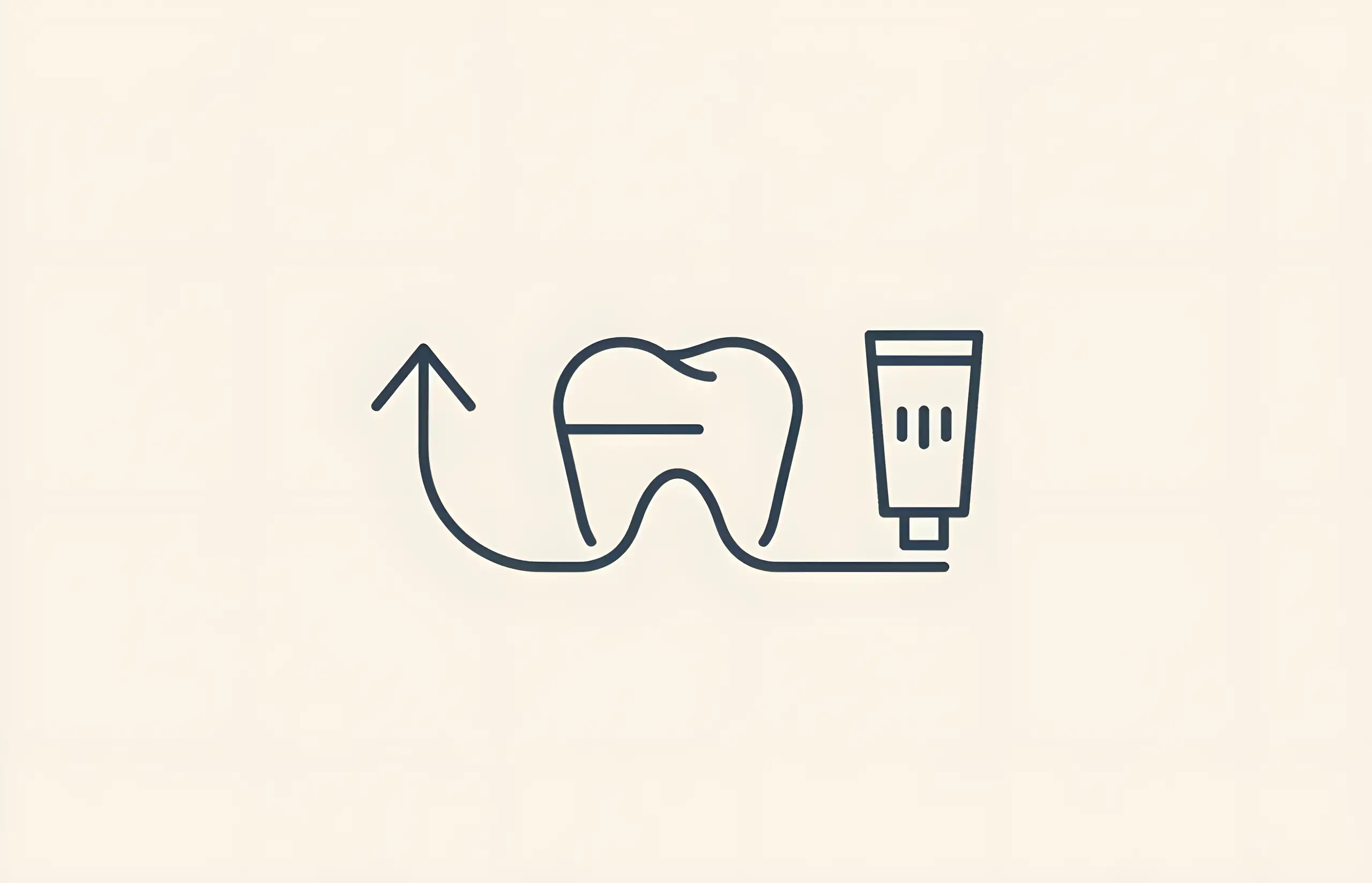
Choosing the Best Toothpaste for Veneers
Comprehensive guide to selecting toothpaste for veneers, understanding RDA values, avoiding abrasive ingredients, surface roughness concerns, and proper oral care techniques

Can Temporary Veneers Cause Pain?
Complete guide to temporary veneers including why they may cause discomfort, the procedure involved, preventive measures, and what to eat while wearing them

Can You Whiten Veneers?
Comprehensive guide to veneer whitening, why porcelain veneers resist bleaching, stain removal options, color matching strategies, and maintenance tips

A Guide to Composite Resin Veneers
Comprehensive information about composite resin veneers, including their uses, procedure, longevity, and how they compare to porcelain veneers

Should You Get Crowns or Veneers for Your Front Teeth?
Comprehensive guide comparing dental crowns and veneers for front teeth, including materials, uses, preparation requirements, longevity, and cost considerations

Should You Get Crowns or Veneers?
Comprehensive guide to choosing between dental crowns and veneers, including clinical indications, contraindications, insurance coverage, and decision criteria for optimal treatment outcomes
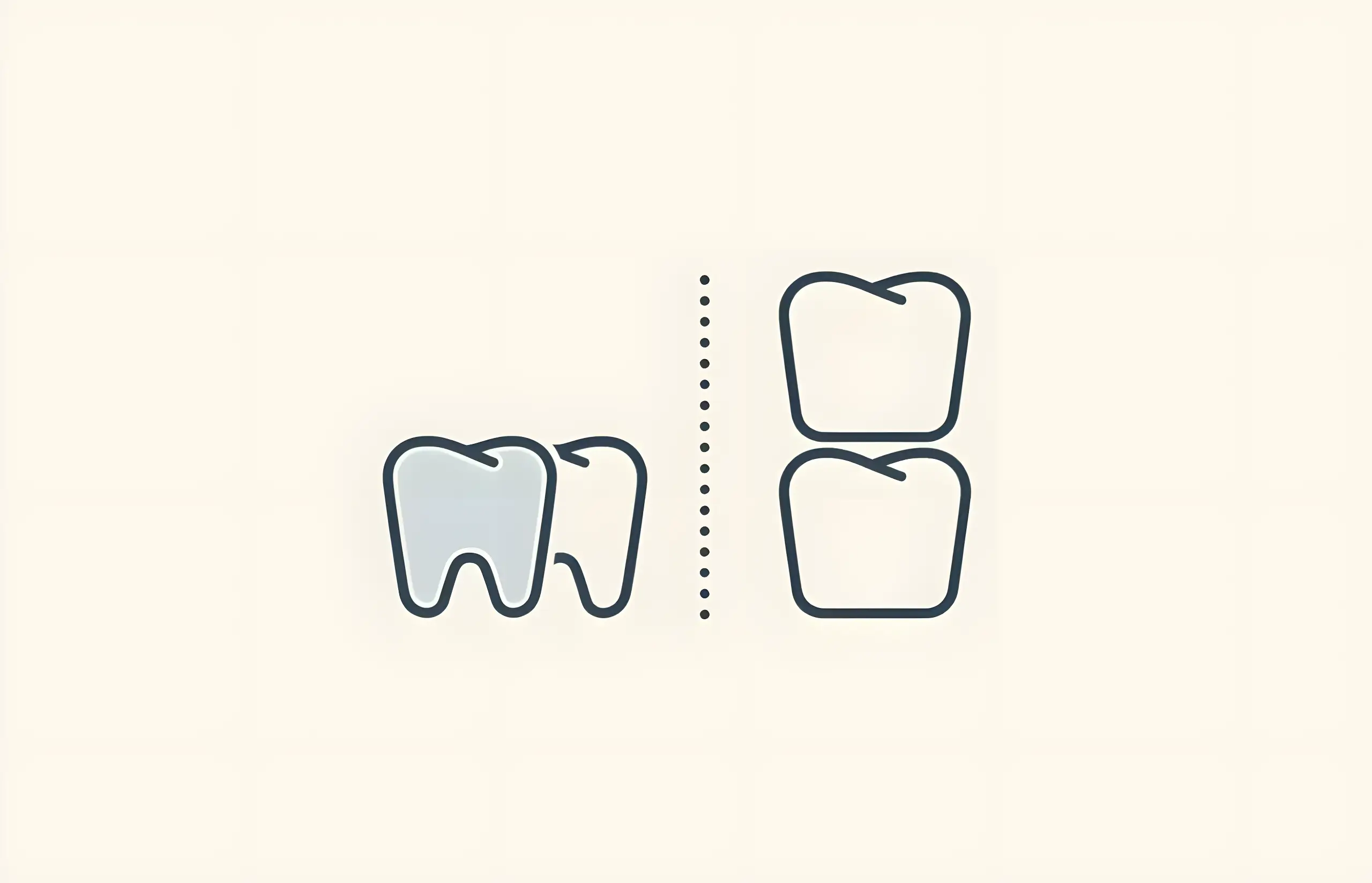
Dental Veneers – Before and After Pictures
Comprehensive guide to dental veneers transformation results, patient satisfaction rates, aesthetic outcomes, smile makeover success, and clinical evidence from before and after studies
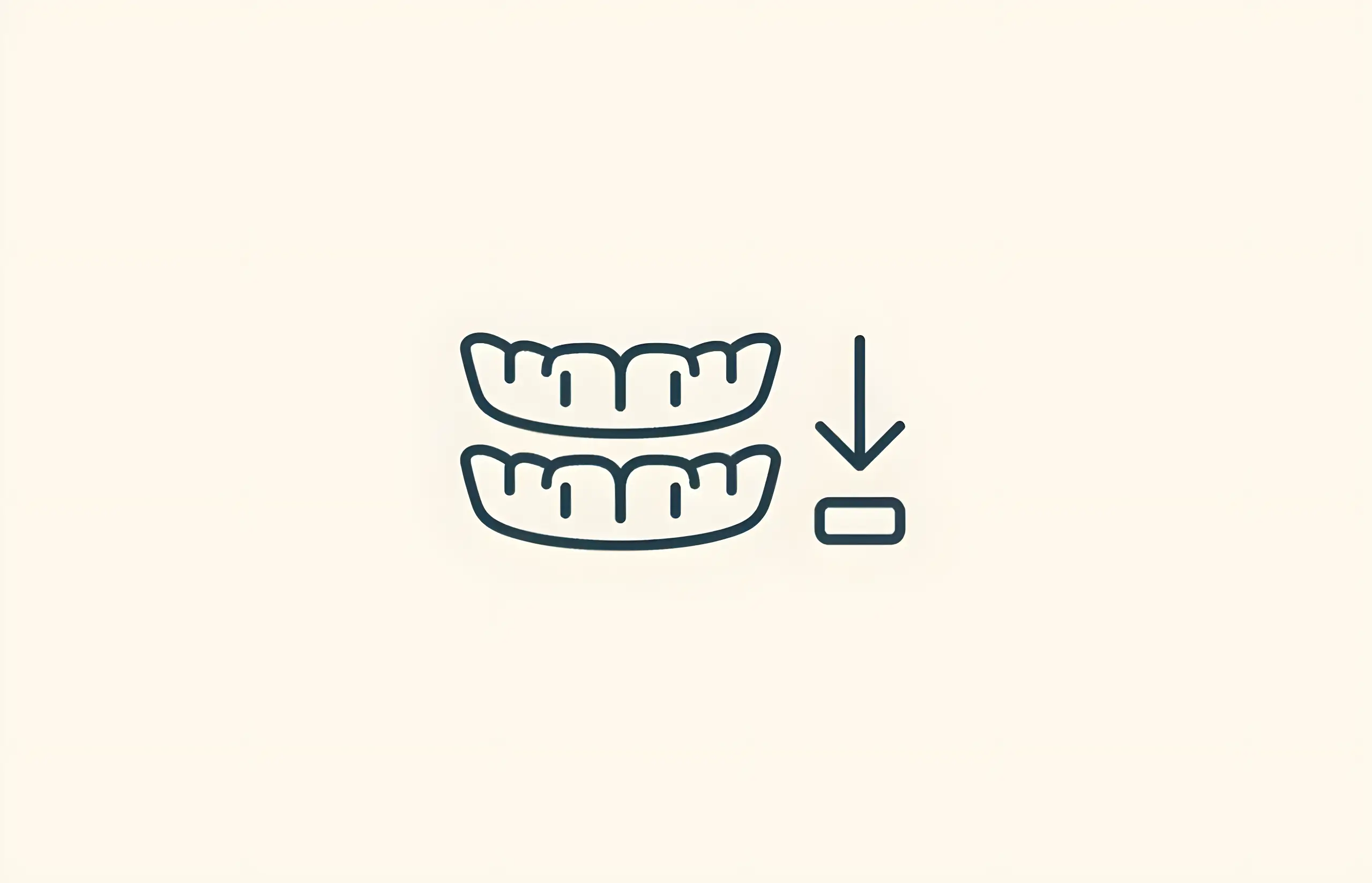
Do It Yourself Veneers – Removable Veneers For Your Teeth
Comprehensive guide to DIY removable veneers (snap-on, clip-on veneers) including costs, risks, user satisfaction rates, safety concerns, and comparison with permanent dental veneers

Do Temporary Veneers Look Bad?
Complete guide to temporary veneer appearance, materials (PMMA, bis-acryl), aesthetic outcomes, patient satisfaction, complications, and what to expect during the provisional phase

Eating With Veneers
Complete guide to dietary considerations with veneers including foods to avoid, staining resistance (coffee most problematic), fracture risk, care tips, and maintaining your investment
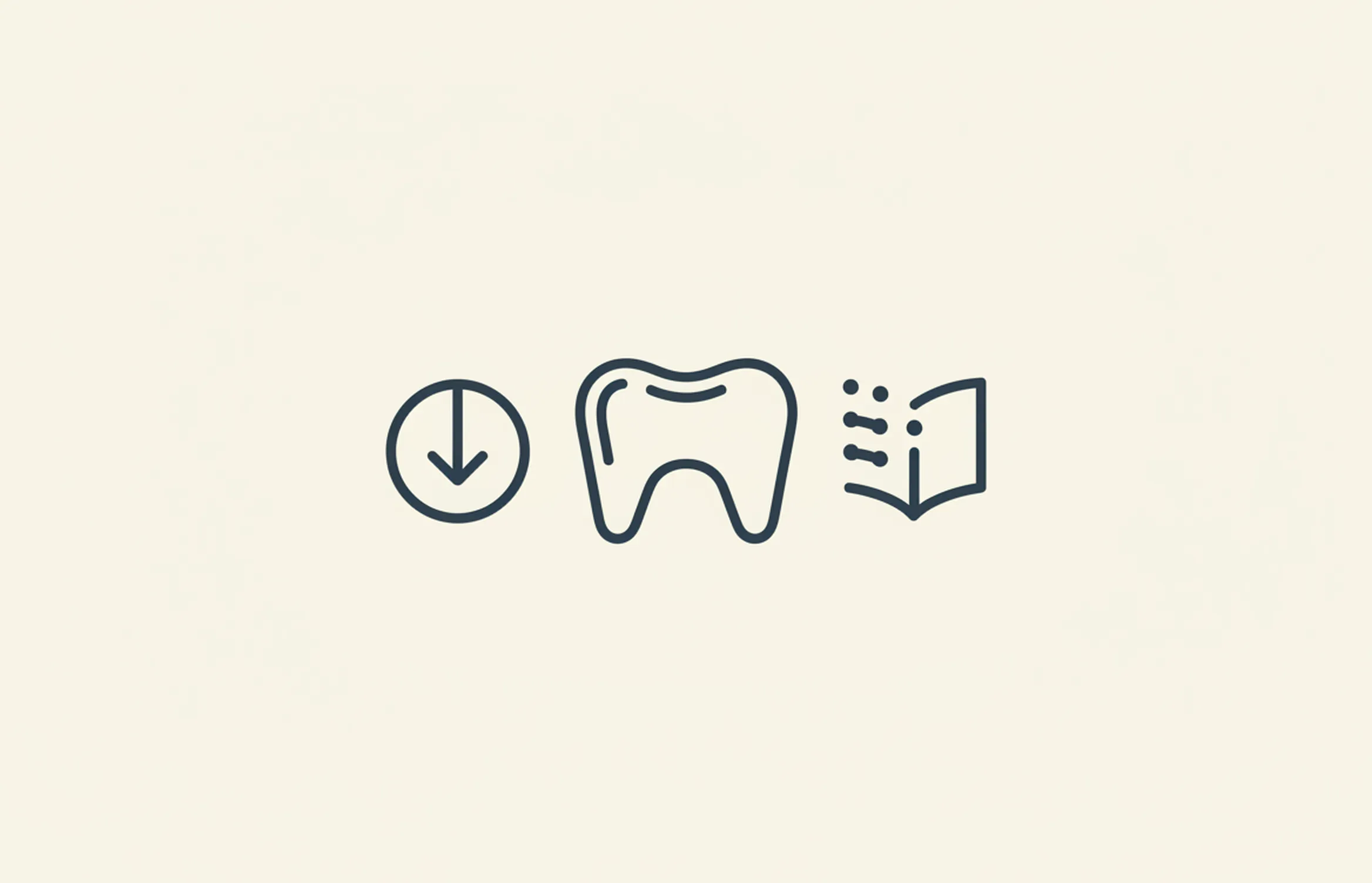
Instant Veneers – Costs and Information
Complete guide to instant veneers including prefabricated composite veneers, how they work, costs, and comparison with traditional porcelain veneers
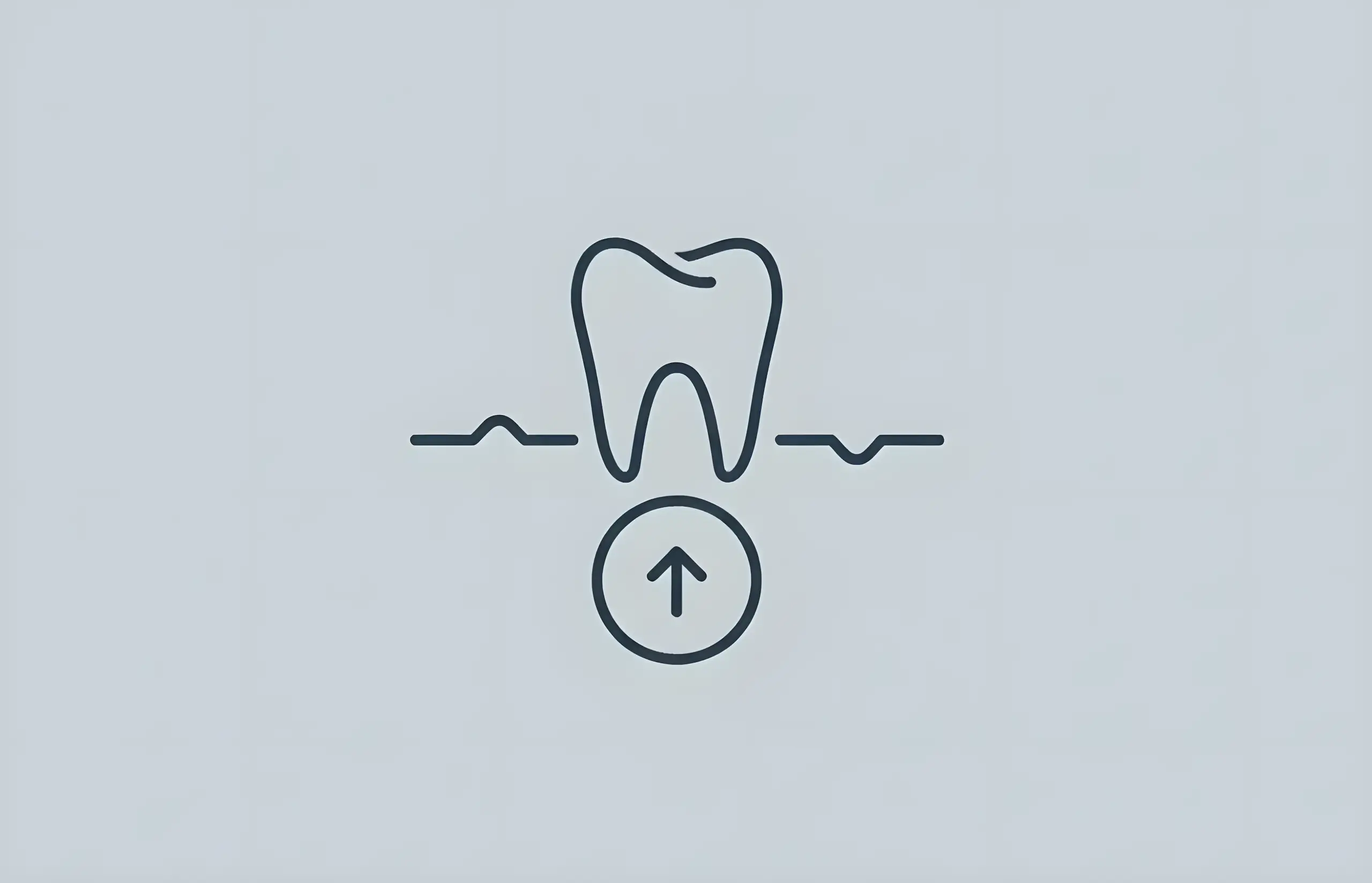
How Much do Lumineers for Teeth Cost?
Comprehensive guide to Lumineers costs including pricing factors, no-prep procedure advantages, Lumineers vs traditional veneers, treatment process, longevity, and cost-saving options

Lumineers vs Porcelain Veneers
Comprehensive comparison of Lumineers and traditional porcelain veneers, including differences, costs, longevity, and which option is best for your smile

Press On Veneers – Costs and Information
Learn about snap-on veneers including costs, how they work, longevity, care instructions, and whether they're a worthwhile alternative to permanent veneers
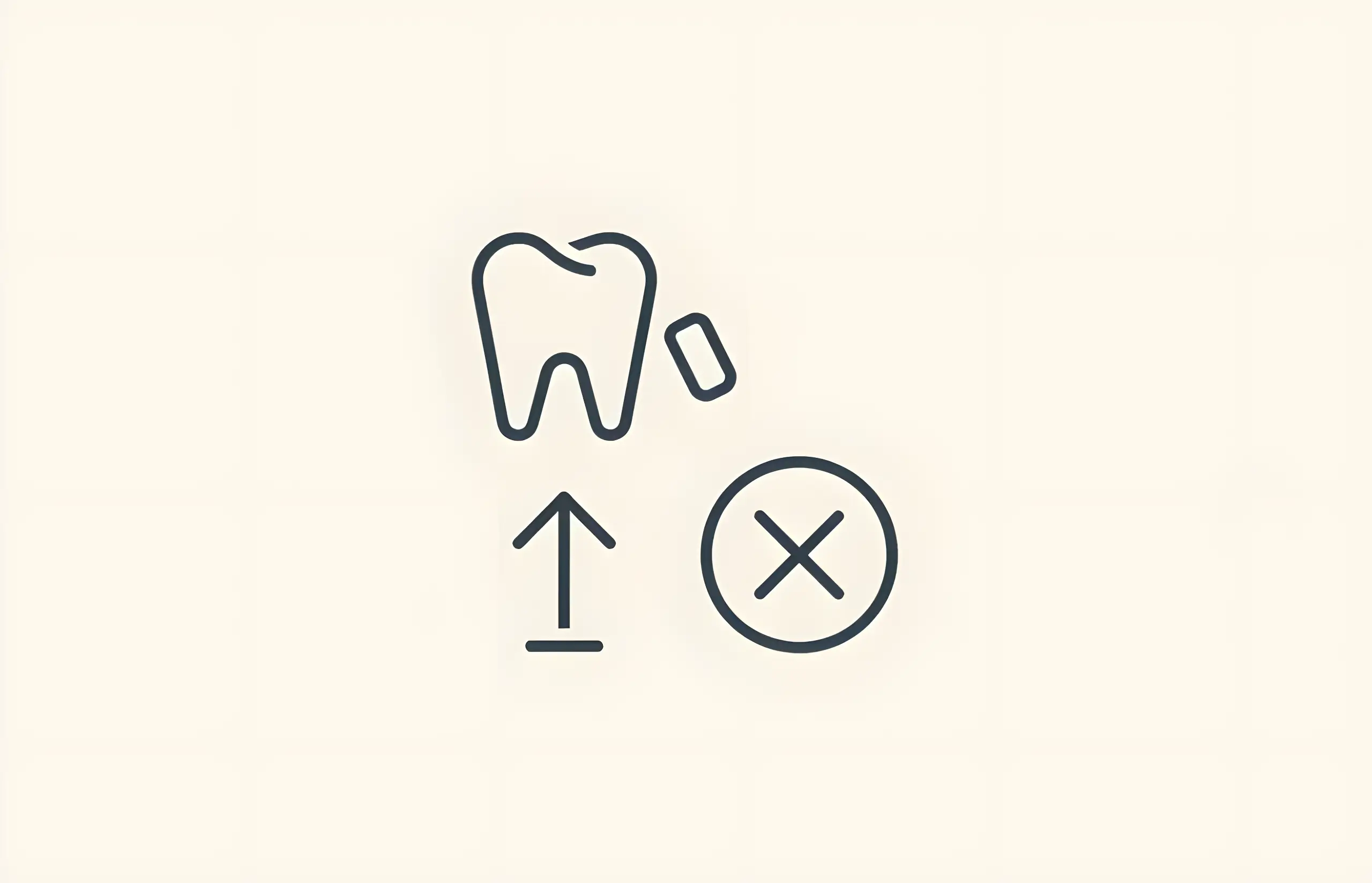
What To Do If Your Temporary Veneers Are Falling Off
Essential guide to protecting temporary veneers: what they are, foods to avoid, and when to see a dentist if they become loose or fall off

Can You Put Veneers Over Crowns?
Comprehensive guide to placing veneers over crowns, why it's generally not recommended, bonding challenges, crown survival rates, and alternative treatment options

What Can't You Eat with Veneers?
Learn about dietary restrictions for veneers including foods to avoid with temporary and permanent veneers, staining risks, and tips for protecting your investment
About The Dental Guide
The Dental Guide is a trusted online resource providing evidence-based information about dental health, treatments, and procedures. Our content is created and reviewed by qualified dental professionals to help you make informed decisions about your oral health.
Our Mission
- Evidence-based dental information
- Expert-reviewed content
- Clear, accessible explanations
- Latest treatment options
- Patient-focused guidance
Editorial Standards
- GDC-registered dental professionals
- Peer-reviewed sources
- Regular content updates
- Medical accuracy verification
- Transparent authorship
Important Notice
The information on The Dental Guide is for educational purposes only and should not replace professional dental advice. Always consult with a qualified dentist for diagnosis and treatment recommendations tailored to your individual needs and circumstances.
Medically Reviewed
Reviewed by Dr. Nasim Mechoui , BDS (Bristol)
Share this article
Comments & Discussion
Have questions about dental implants? Share your thoughts or experiences.
